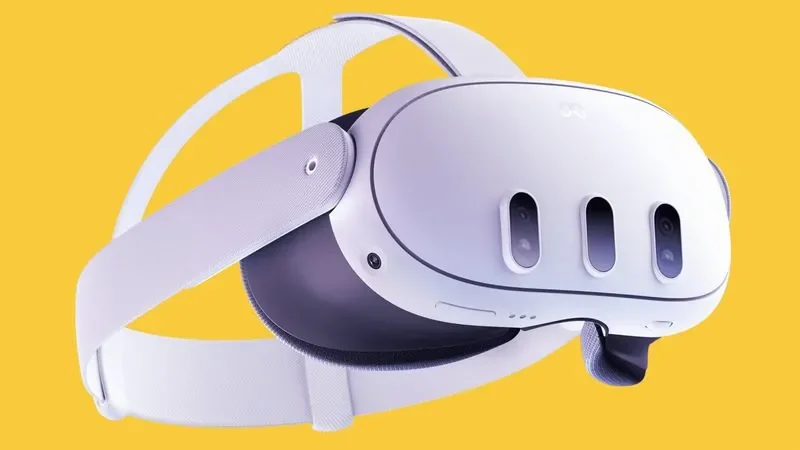On April 23rd, Meta, the parent company of Facebook, announced that it would expand its VR/AR operating system, Meta Horizon OS, and make it available to third-party hardware manufacturers. This move will allow these manufacturers to design and produce their own VR headset devices.

This move signifies that Meta is no longer limiting itself to selling just its own Quest series VR headsets,Instead, like Microsoft opening up the Windows operating system to third-party PC manufacturers, Meta is providing software support for the entire VR/AR industry.
From what IT Home understands, Meta Horizon OS is a mixed reality operating system developed by Meta specifically for its Quest series headsets. It supports various features such as eye tracking, facial recognition, gesture recognition, full-body tracking, spatial positioning, scene understanding, and more. Additionally, the system will feature a "social layer" allowing users to freely transfer their identity, virtual avatars, and friend connections across different virtual spaces on various devices.
According to Meta, several manufacturers, including ASUS ROG and Lenovo, are currently working on adapting their upcoming devices to support Meta Horizon OS. ASUS ROG plans to create a headset focused on gaming performance, while Lenovo will release a mixed reality device targeting productivity, learning, and entertainment. Additionally, Meta has announced a collaboration with Xbox to launch a limited edition Meta Quest headset.
By opening up Meta Horizon OS to third-party hardware manufacturers, Meta has reduced the barriers for developers to release VR software on the Horizon Store and App Lab. This move breaks down the barriers between platforms, fostering greater interoperability and expanding the VR ecosystem.
Analysts believe that by opening up their operating system, Meta is aiming to establish dominance in the rapidly growing AR/VR ecosystem and has the opportunity to surpass Apple in the mixed reality space. Earlier this year, Apple launched its high-end VR headset, Vision Pro. However, due to its high price and limited availability, its software ecosystem development has significantly lagged behind. It's reported that the buzz around Vision Pro in Apple retail stores has waned, and there has been a substantial decrease in the number of people requesting to try out the device.
Source: IT Home


